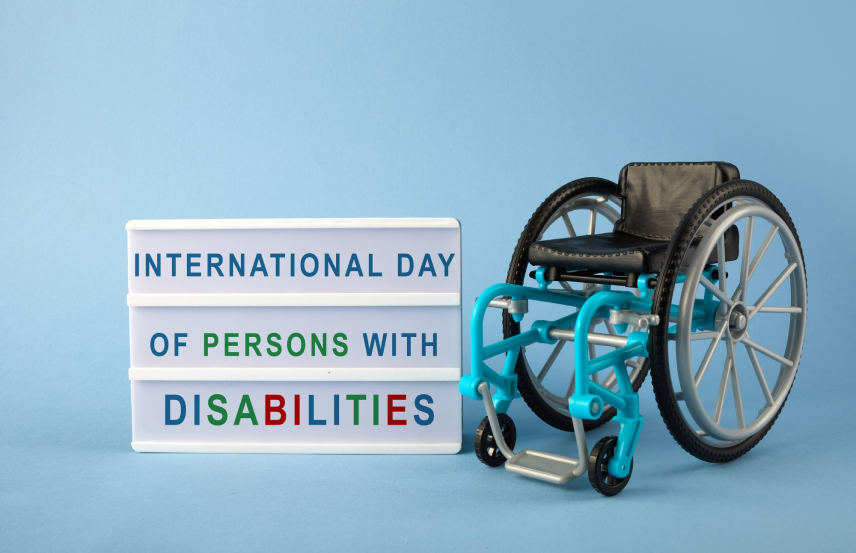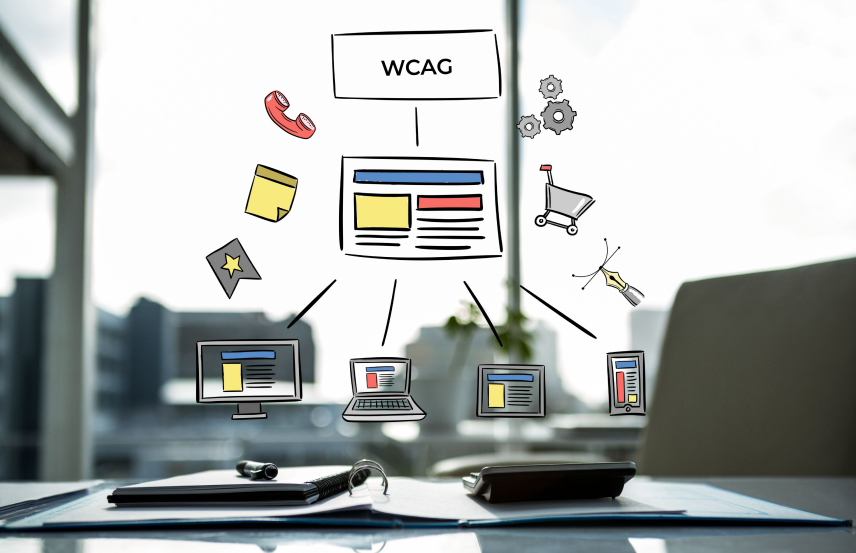Overview
ACCESSIBILITY COMPLIANCE is mandatory for any online property owned and operated by a business – adding more complexity to the changing digital landscape.

Online Accessibility Applies To All Websites
Web accessibility refers to websites, online technology, online tools, online products, and online services – created, designed, developed, and managed to allow for individuals to use them. Providing reasonable accommodations for those with disabilities allows for the ability to understand and navigate the internet. This applies across devices and third-party affiliates. Online Accessibility is now standard for any online property owned and operated by a business – adding more complexity to the changing digital landscape for business owners.
The most common website accessibility barriers may require text resizing, compliance with screen reader technology, or the use of graphics. As well as closed captioning, as over 10% of American adults are visually impaired, and over 15% of the population reports loss of hearing. Over 55 million people in the United States report living with a disability, according to the Census Bureau. According to a study of digital usage patterns (Pew Research Center 2016), Americans with a disability are 3x less likely to go online because of some factoring limiting their ability to do so. A range of cognitive impairments, including dyslexia, processing disorders, as well as color blindness and motor challenges, may also limit someone’s ability to navigate the web properly. Users may find it difficult to distinguish between text and background color, navigation links, and small text may be challenging to use, and some may not be able to use a keyboard or mouse.
Accommodations for users with disabilities include reliance on braille screen readers, text-to-speech screen reader technology, screen magnifier software, keyboard assistance for ease and accuracy, as well as subtitles or sign language video conversion for deaf users.
The Web Content Accessibility Guidelines (WCAG) are a series of testing criteria to help guide website owners in creating a website that is more accessible to those with disabilities. The number of website accessibility lawsuits is increasing, and all sites are at risk of being sued if they do not demonstrate they are accessible to people with disabilities.
Preparing for Online Compliance can mitigate risk. From small businesses to Fortune 500 companies, WCAG 2.0 guidelines will continue to be a mandate for any business operating with an online presence. Proving that a business continues to comply with the standard is critical in avoiding potential lawsuits. This does not guarantee protection but supports the claim of an Online Compliance Policy and Strategy. One hundred percent accessible website is a rare thing on the internet.
The web continues to mature, and sites continue to evolve. As a business grows, an Online Compliance Policy and Strategy follows. Online Accessibility is a complicated endeavor, and expertise to support business challenges is available.
Online compliance is an ongoing process
When an audit is performed, the options available to a business include a range of strategies and tools. A quick to market, value-focused, implementation strategy prescribed uniquely to each business challenge. Following implementation, ongoing proof of operation within compliant guidelines is recommended.
Audit
An in-depth audit will outline areas of an online presence that require attention.
Implement
A cost-effective, time-sensitive implementation strategy will be uniquely developed for each business challenge.
Confirm
Once implemented, a thorough review of all changes is tested and documented.
Substantiation
A complete report is developed and maintained continuously as bi-annually audits are conducted.
Being compliant online does more than just protect a business from a lawsuit
Web accessibility and ADA-compliant website design services aren’t just for the people that need it; it can also help your company stand out on the internet and boost your visibility. When you use our ADA compliance solutions, it makes a huge impact on your SEO. Your visibility increases and more people can access your site, which in turn increases your CRO. Planning for the next change in web accessibility is important. If your website is already ADA compliant, then when standards update or scope of authority increases, you’re ready for those changes.






